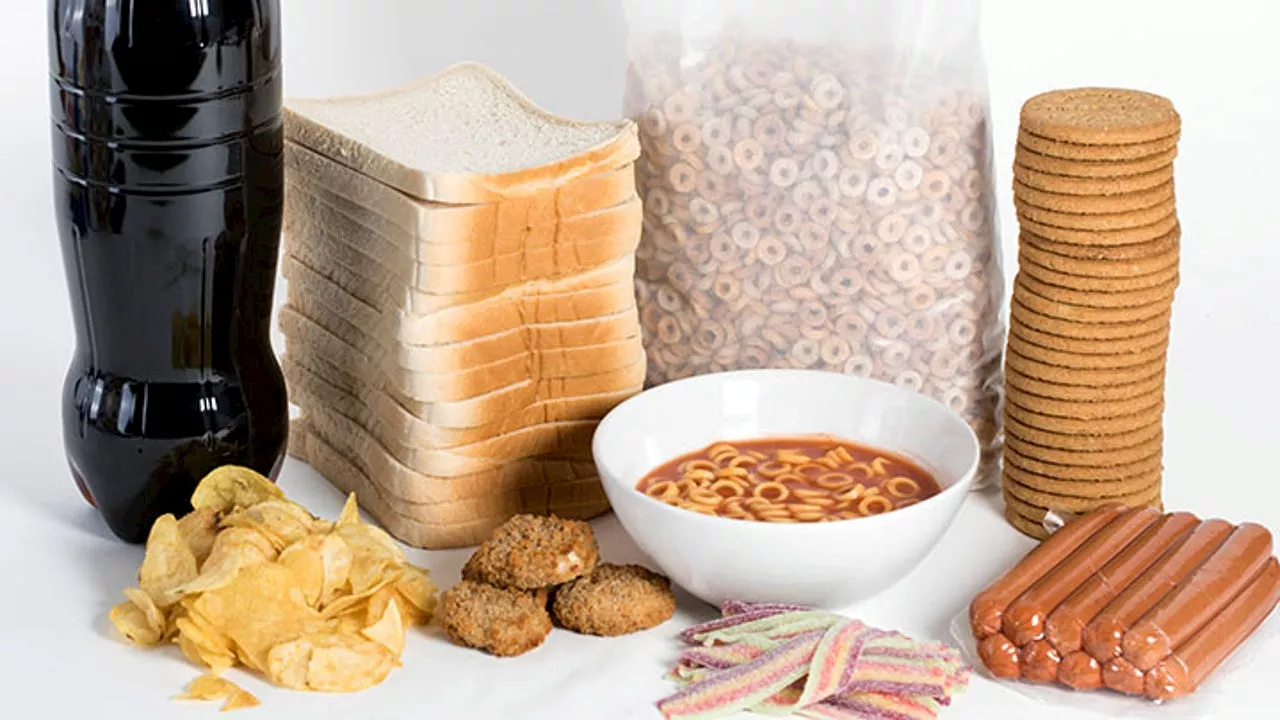A recent study from the Mass General Brigham Cancer Institute reveals a concerning relationship between the consumption of ultra-processed foods and an increased risk of early signs of colon cancer among young adults. This research highlights a significant public health issue, as cancer experts express growing alarm over rising diagnoses in individuals under 50.
The study analyzed data from nearly 30,000 young, healthy women and found a strong correlation between higher consumption of ultra-processed foods and the development of colorectal precursor lesions known as colon adenomas. Ultra-processed foods are typically defined as items made with industrial ingredients that are not usually found in home kitchens, such as boxed soups, frozen meals, and products designed for long shelf life. These foods account for approximately 70% of the average American diet.
Dr. Katherine Van Loon, a professor at UCSF and director of the UCS Global Cancer Program, emphasized the importance of these findings in understanding the rise of colorectal cancer among younger populations. “Every patient in my clinic is very, very young,” she stated, noting that while rates of colorectal cancer are decreasing in individuals over 45, they are increasing in younger adults. This trend is contributing to a troubling rise in mortality rates from what is otherwise a preventable disease.
Previous studies have linked early-onset colorectal cancer to various risk factors, including obesity, Type 2 diabetes, sedentary lifestyles, and diets high in red and processed meats. However, Dr. Van Loon noted that many of her younger patients do not fit these conventional risk profiles. “That’s why this study is so important,” she said, indicating that it adds another layer of understanding to the epidemic.
While the research did not specify individual foods, Dr. Van Loon reiterated that ultra-processed items, such as convenience foods popularized in the 1970s, 1980s, and 1990s, play a significant role. She remains optimistic that adopting healthier dietary habits can still yield positive outcomes.
Drawing parallels to tobacco research, she pointed out that individuals can significantly decrease their cancer risk by changing their lifestyle habits. “It’s not too late to intervene, stop bad habits and pass on good ones to younger generations,” Dr. Van Loon advised. She advocates prioritizing fresh foods, including vegetables and unprocessed meats, and urges individuals aged 45 and older to get screened for colorectal cancer.
Moreover, she stressed the importance of recognizing symptoms at any age. “If someone is experiencing bowel changes, blood in their stool, abdominal pain, cramping, or unexplained weight loss, they should see a doctor,” she cautioned. “Just because you’re not yet 45 doesn’t mean those symptoms don’t need medical attention.”
Dr. Van Loon’s insights suggest that increased awareness and proactive health measures could help reverse the troubling trend of rising colorectal cancer cases among younger adults. As more research emerges, it is evident that dietary choices play a critical role in health outcomes and that addressing these habits could significantly impact public health moving forward.
